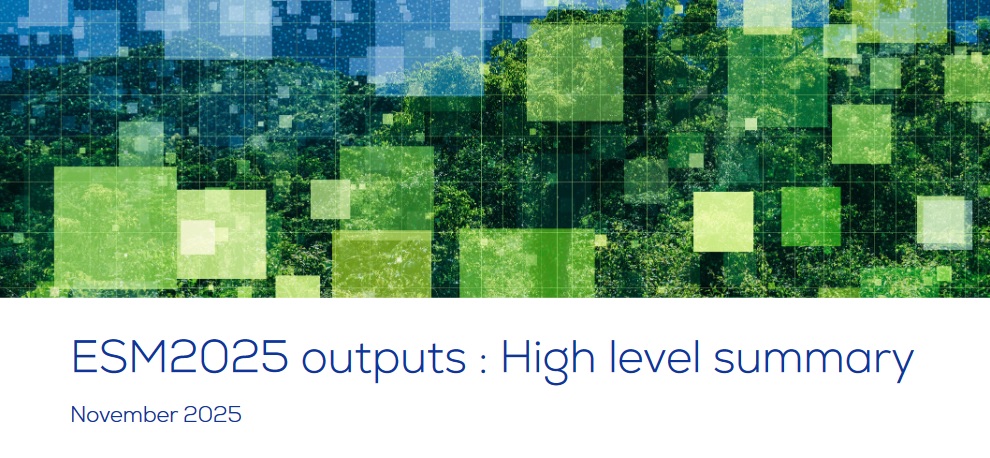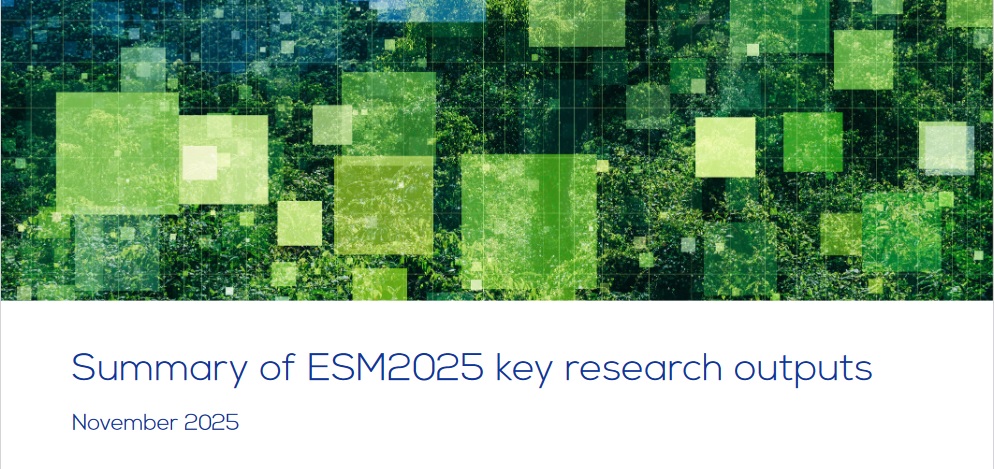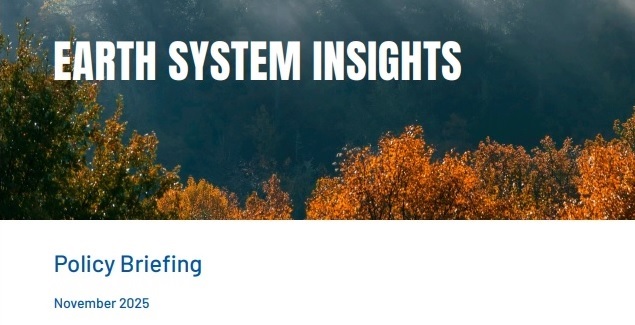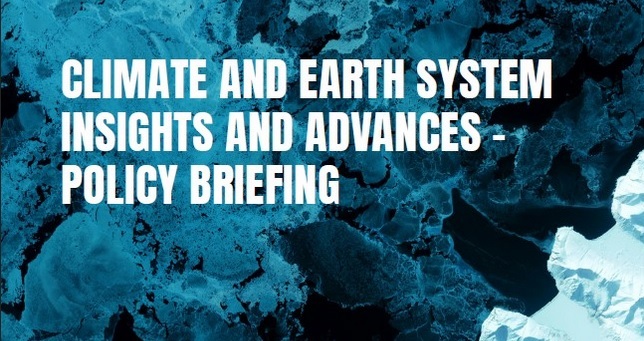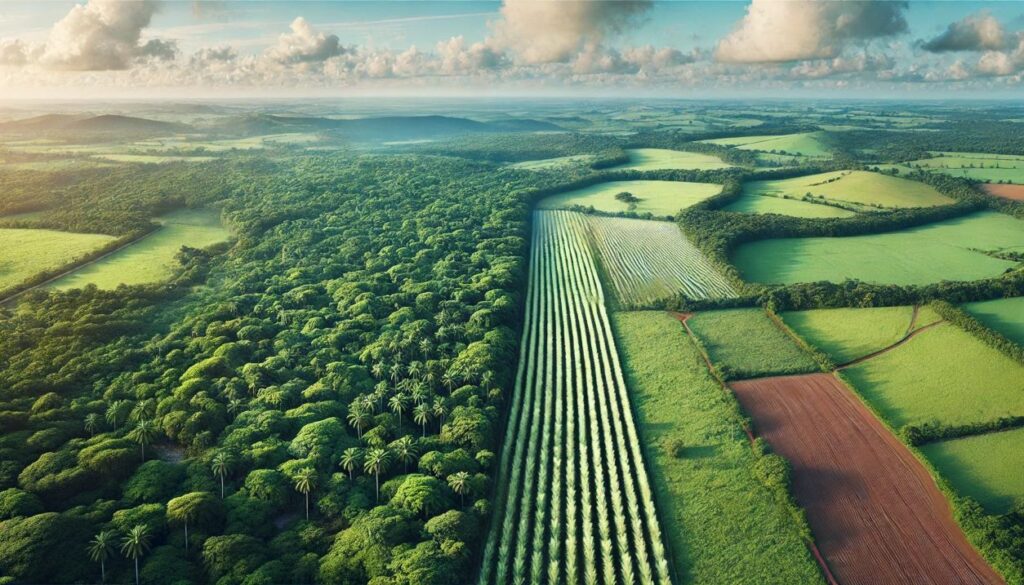A high-level summary of ESM2025 key research outputs and their policy relevance.
All sectors / economy wide
A detailed summary of ESM2025 key research outputs and why they matter.
Drawing on work from six Horizon Europe projects (ESM2025, ClimTip, TipESM, OptimESM, nextGEMS and RESCUE) and a third policy forum held in September 2025, this Earth System Insights briefing summarises the latest evidence on how human emissions are changing the climate and what this means for mitigation and risk management.
This briefing explores the questions raised during the second ESM2025 policy forum.
How Earth System Models assess land-based carbon removal (AR, BECCS): carbon-cycle responses, and local climate side-effects; and how Integrated Assessment Models then asses socio-economic constraints that shape decision-ready deployment.
The D4RUNOFF project aims to address the pressing challenges of urban water pollution exacerbated by urbanization and climate change. It seeks to enhance the detection and management of diffuse pollutants […]
The CLEARING HOUSE project aims to strengthen the role of urban forests and trees as nature-based solutions to address global environmental challenges. It seeks to integrate greenery into urban planning, […]
The SCORE project is a 10-million-euro initiative funded by the European Union, designed to enhance climate resilience in coastal regions facing escalating natural hazards. Its primary objectives include mitigating the […]
Coastal cities face escalating threats from climate change, where extreme weather events—from flash floods to heatwaves—disrupt daily life, damage infrastructure, and endanger public health. Addressing this urgency requires real-time, adaptive […]
The ICARIA project aims to improve our ability to manage climate change impacts on essential public infrastructure by developing advanced modelling tools. These tools are designed specifically to help decision-makers […]

